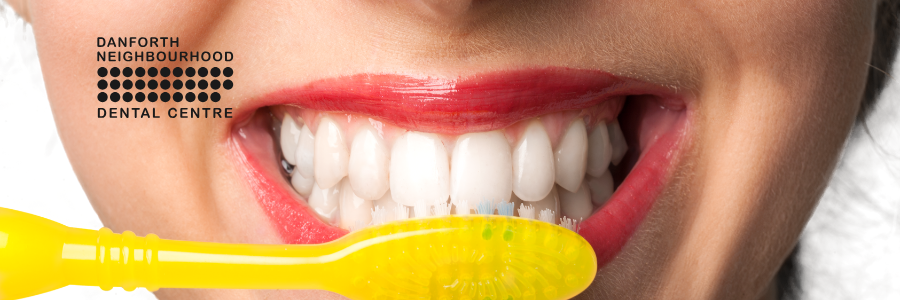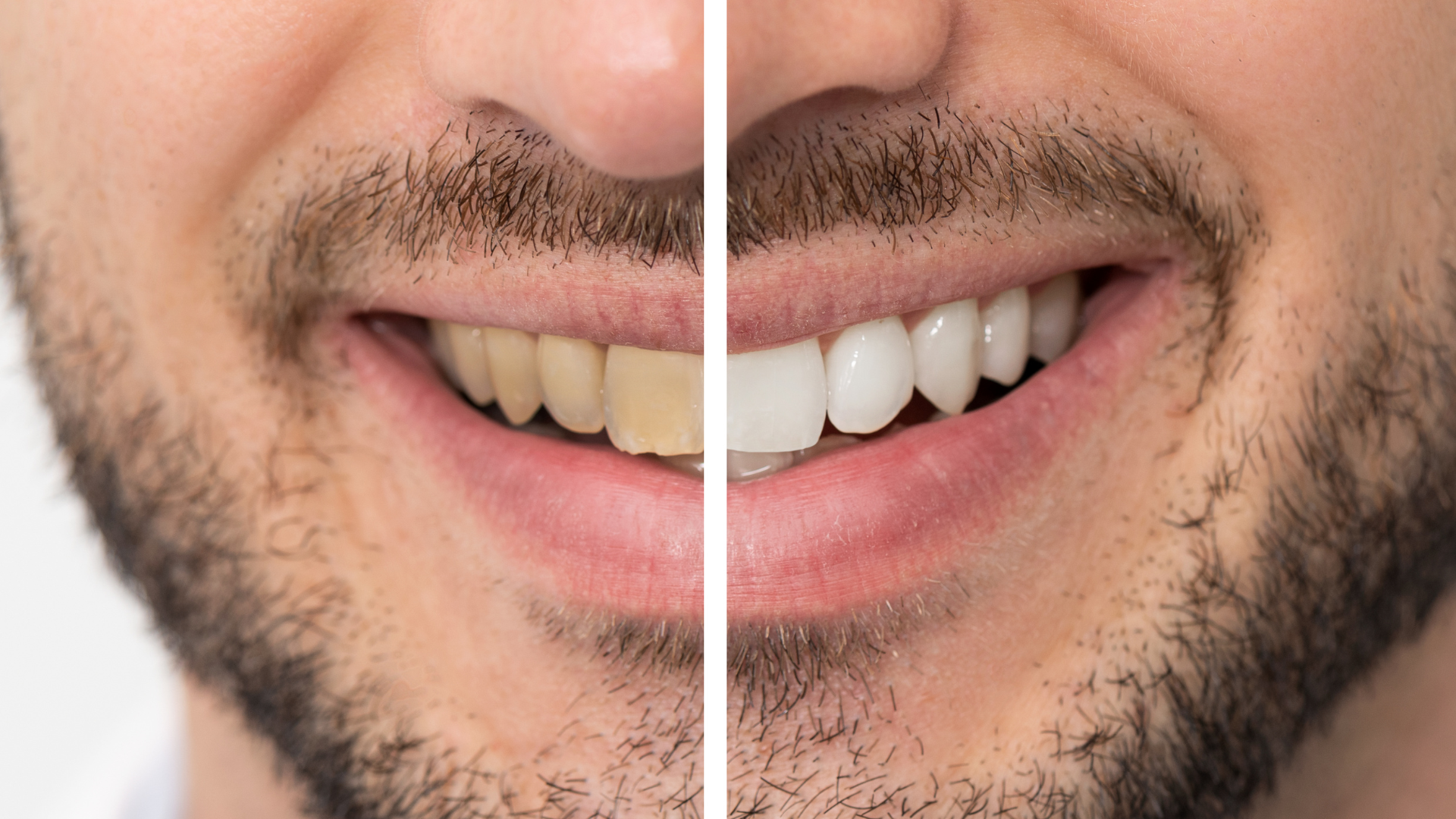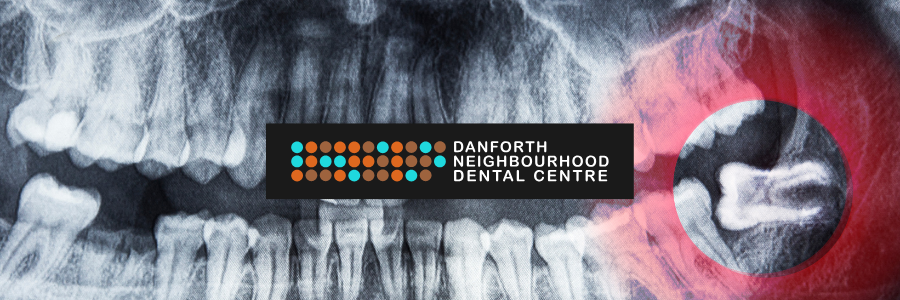Patient Education

1. Toothbrush Choosing the right toothbrush is a big deal for keeping your mouth healthy. At Danforth Neighbourhood Dental Centre, we see a lot of people who aren't sure what to look for. The most important thing is to find a brush that feels comfortable in your hand and cleans your teeth effectively without hurting your gums. Here are a few things to think about: Bristle Type: Most dentists recommend soft bristles. They clean well without being too harsh on your enamel or gums. Medium or hard bristles can sometimes cause damage over time. Head Size: You want a brush head that can easily reach all areas of your mouth, including the back molars. A smaller head is often better for maneuverability. Handle Design: Look for a handle that gives you a good grip. Some have special shapes or rubber grips to make brushing easier. When you brush, don't forget to angle the bristles towards the gum line. Gentle, circular motions work best. Remember to replace your toothbrush every three to four months, or sooner if the bristles start to fray. A worn-out brush just won't clean as well. Brushing twice a day, for two minutes each time, is the standard advice for a reason. It really does make a difference in removing plaque and food particles before they cause problems. Make sure you're covering all surfaces of your teeth – the fronts, the backs, and the chewing surfaces. 2. Toothpaste Choosing the right toothpaste is a big part of keeping your smile healthy. It's not just about fresh breath; toothpaste works to clean your teeth and protect them from problems. At Danforth Neighbourhood Dental Centre , we see how different ingredients can make a real difference. Look for fluoride in your toothpaste; it's a key ingredient for strengthening tooth enamel and preventing cavities. Here are some things to consider when picking a toothpaste: Fluoride Content: Most dentists agree that fluoride is important for cavity prevention. It helps remineralize tooth enamel, making it more resistant to acid attacks from food and bacteria. Abrasiveness: Toothpastes vary in how much they scrub. Some are more abrasive, which can help remove surface stains, but too much can wear down enamel over time. Gentler formulas are often best for daily use. Specific Needs: Do you have sensitive teeth? Are you prone to gum issues? Many toothpastes are formulated to address these specific concerns, like reducing sensitivity or helping with gingivitis. Using toothpaste correctly is also important. You only need a pea-sized amount for adults and a smear for young children. Brushing for two minutes, twice a day, with your chosen toothpaste helps get the most benefit. 3. Dental Floss Flossing is a really important part of keeping your mouth healthy, even if it feels like a chore sometimes. It gets to those spots your toothbrush just can't reach, like between your teeth and under the gum line. If you skip this step, you're leaving behind food bits and plaque, which can lead to cavities and gum problems. Here’s how to get the most out of flossing: Take about 18 inches of floss. Wrap most of it around one of your middle fingers, and the rest around the middle finger of the opposite hand. Hold the floss tightly between your thumbs and forefingers. Guide it gently between your teeth using a rubbing motion. Curve the floss into a C-shape against one tooth. Slide it gently into the space between the gum and the tooth until you feel some resistance. Gently scrape up and down against the side of the tooth. Repeat this on the adjacent tooth, then move to the next gap. Using floss correctly makes a big difference in preventing gum disease. It might take a little practice to get the hang of it, but it's worth the effort for a healthier smile. Remember, consistent flossing helps remove plaque and food particles that brushing alone misses. This simple habit can significantly reduce your risk of cavities and gum inflammation, contributing to overall oral well-being. At Danforth Neighbourhood Dental Centre, we always stress the importance of flossing as part of your daily routine. It’s a small step that pays off big time for your dental health.






